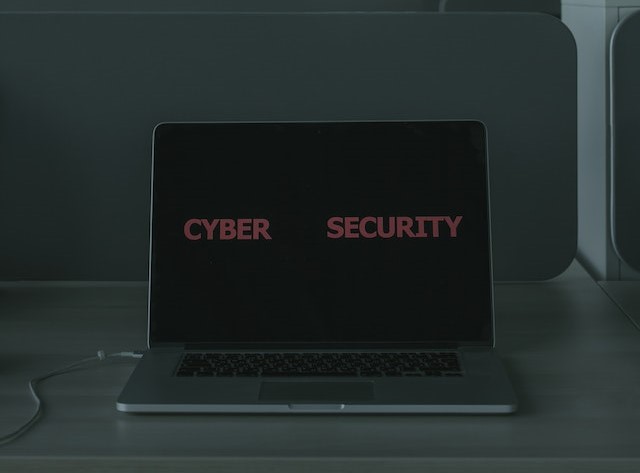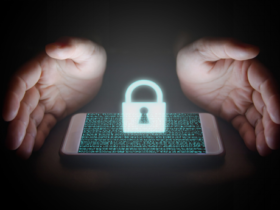The internet will have about 5.6 billion internet users in 2023, which is a staggering number as compared to just a few years ago. While we have seen marvelous advancements in technology due to the power of the internet, there are several other nuances that require to be discussed. Today, data is valued higher than bullion, which means that the private information of individuals and organizations is far more valuable than any jewelry.
Every day, we witness the generation of 2.5 quintillion bytes of data, a lot of which is free use but most are personal. For instance, data sharing has become a pivotal subject due to the number of cyberattacks and crimes taking place at an unprecedented rate.
From phone call frauds, phishing scams, email malware, and sneaky breaches in privacy, cybersecurity agencies and governing bodies can only do so much if the internet users are not careful themselves.
To help you protect your network privacy, here are four actionable steps to take today.
- Ensure all your software and hardware are up-to-date: Make sure that all the digital devices you run and store important data on are updated regularly. The latest software updates will contain bug removals and security patches to thwart any attempts to hack your device.
- Read business privacy policies well: Every business and website you interact with has a privacy and cookie collection policy that allows them access to certain pieces of information about their clients. If you haven’t paid attention before, go through the existing businesses you interact with on your device and review the access permissions to your camera, audio, location, and file manager. Revoke access unless absolutely necessary to protect yourself from being tracked and heard. The privacy policy also mentions how the business collects and uses your information and for how long. If you do not feel comfortable with it, do not click on “I accept.” Shady privacy policies are the biggest red flags to online data security.
- Hire investigative help if you suspect watchers: Sometimes, your PC and other computing devices may have sneaky watchers scrubbing for data through your files and online activity. This can happen if you accidentally give your password away, use a generic password, don’t have 2-factor authentication activated, or click on suspicious links. While there is no sure way of telling by yourself, you can hire a hacker legally allowed to scan your accounts for such data scrubbers. These professionals are known as ethical hackers who work to improve cybersecurity measures for individuals, companies, and governments.
- Use Do Not Track: Your location settings can be used for a lot of things, but you have control over who gets to access it and how. Unless you’re using Maps to navigate, enable Do Not Track on your device. This is different from Apple’s Find my device feature, where you will be able to spot your device from anywhere if lost. Do Not Track stops third-party apps from using your location data for their benefit.
Wrapping Up:
Apart from the four above mentioned tips, you can also implement stricter app assessments and browse the internet with caution. Do not dabble with unsecured web pages that do not have an HTTPS or SSL certification. Last but not least, use free wifi zones in the public domain carefully, as your privacy may be vulnerable to hackers.











Leave a Reply